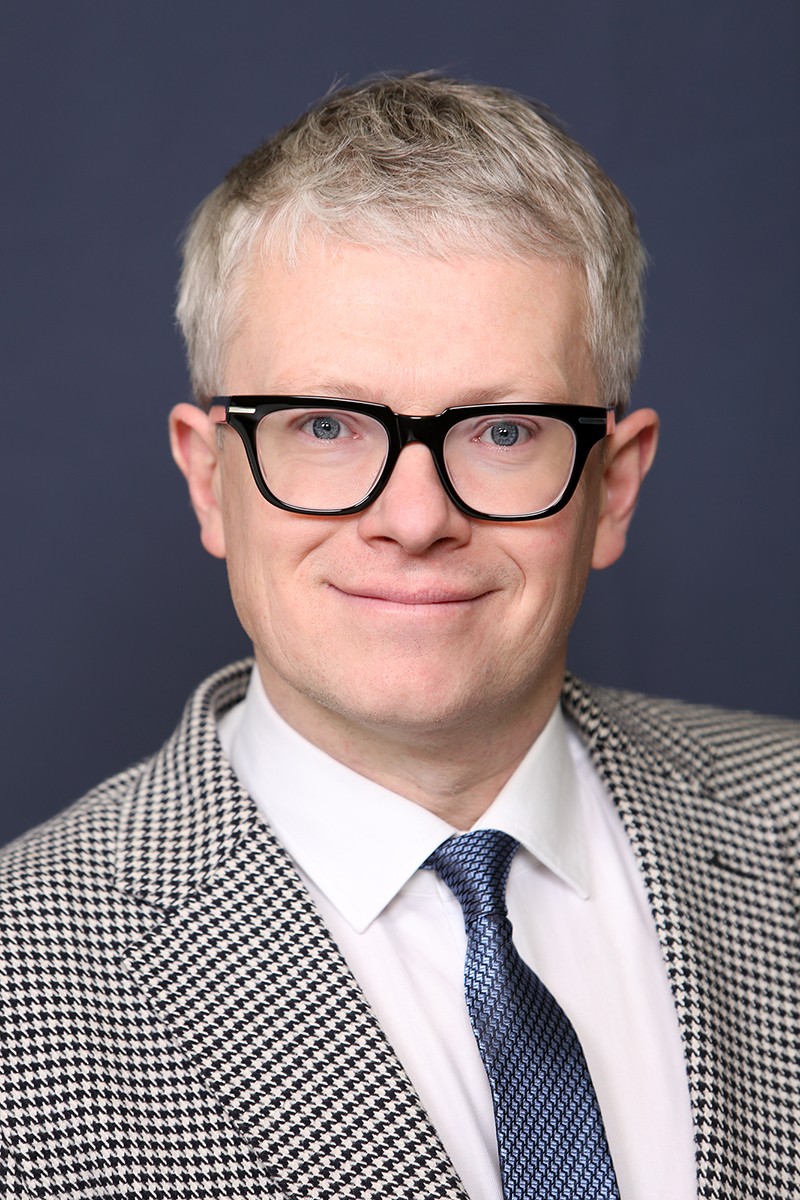THE RIGHT SCHOOL FOR THE PRIME MINISTER’S DAUGHTER IS AT LASNAMÄE!
12.09.2016
, Õhtuleht
A few days ago, I confessed to my schoolmate Peeter Koppel after a recording at the radio studio that I’m so pleased he turned out to be a perfectly normal vivacious person! And that I am very happy he’s doing well.
All this because of education, or more precisely – the lack thereof. Because the learning capacity of us, men well into their forties, has not deteriorated, but is instead a growing passion. Our foundation is the idea of Albert Einstein: “The only thing getting in the way of learning is education!”
We both went to the same fishy Lasnamäe district school, the Tallinn’s 56th secondary school or the later Tondiraba Gymnasium which has been closed by now, partly burnt down and windows nailed shut with boards. Krister Kivi, a journalist of the Eesti Ekspress weekly newspaper, is another schoolmate of mine – talking to him always takes me back to my school years.
No science-oriented school traditions – which I respect and envy. No Rocca-al-Mare-ish sea vista drenched in money – which I also would not mind. The subject came up because the Prime Minister Taavi Rõivas enrolled her daughter in Rocca al Mare School while Jürgen Ligi figured that a science-oriented school would have been a more reasonable choice.
I have a lot of painful baggage from my schooling years. Not only because the school I graduated from does no longer exist and even has its windows nailed shut. The reason is that even during the deep Soviet years (I started school in 1980) I had a feeling that those who study geography in English are smarter, better and more entitled than me. The sister and brother of my elementary school desk-mate and friend Mart went to the Tallinn’s 21stsecondary school. We both felt that they were much smarter than us. Well, maybe they were.
A dumb school won’t ruin a smart child
A school, its reputation, the quality of its education and study results are a status symbol for the child as well as the parents, but I honestly believe that the choice of school does not determine the fate of a child. A smart parent enrols his or her child in a good school. But a smart child cannot always attend a good school.
The purpose of a school is to ensure the child does well, gets ahead in life. Only an envious and mean person could blame a parent for wanting his child do be happy and have a great life. But only a parvenu would believe a good school can ensure this. The work is also made from the ordering person’s material in a good school, and the quality of the material unfortunately fluctuates to a great degree.
What are life skills really dependent on? The first factor is genes. Does the child have the prerequisites? This cannot be determined merely by looking the parents in the face. Average parents can have talented children while talented parents may have average children. The elementary particles of happiness and success lie hidden deep within family trees. The critics can say what they want – tests performed on similar grounds do help to identify the capability of a child.
The second life success factor is a living environment that supports personal characteristics as a whole – the home, the state, family, friends, role models, etc. We have all seen families with three or four children, all raised the same way by their parents. Two of these children achieve something, and may even achieve a lot. One or two achieve nothing. If the environment was a dominant factor, then a good family would yield only successful children and a deteriorated family would only yield plumbers or even the unemployed. But this is not the case.
Useful acquaintances and a withering drive
Therefore – the unique characteristics and genes of each person react differently to the same or similar environment. One cannot claim that the people graduating from Rocca al Mare School are somehow more right or wrong than the students of Laagna Gymnasium, for example, where I spent the first seven years of my educational path with the gymnasium being the largest Estonian-language school of the period. A child with the adequate prerequisites will struggle his or her way out of even the most adverse of circumstances, as is illustrated by the literary stereotype – it is awesome to become a millionaire from a newspaper boy, but not so awesome the other way round. The pampering of a person with poor prerequisites shall not make a withering plant blossom.
Hence, the public debate on the right school for little Miina was naturally mundane and pointless. If the Tondiraba Gymnasium had still existed, I would have recommended Taavi Rõivas to enrol her driven daughter there. This would have given her the prerequisites for becoming a Peeter Koppel. Peeter also thought that Lasnamäe was an extremely cool place to grow up and hang out at, and I must second to that. I go there often as my mother lives in Lasnamäe. The life there makes you aspire. Both of us got tons more motivation and inspiration from Lasnamäe than the modern youth gets from their ski holidays or after-school chilling in Australia.
The children of diligent and successful parents have an advantage as a good school undoubtedly provides a much better social network than a bad one, but it also has its downsides. I’m not sure Peeter would have been as driven at Rocca al Mare School. When parents can provide first-class wellbeing for a child, it is a hindering factor for drive and passion to succeed. The father of Aleksander Tammert once said that only country kids can become Olympic winners. They have a much greater drive to achieve something, to work for it. Of course, he was right.
2059906


